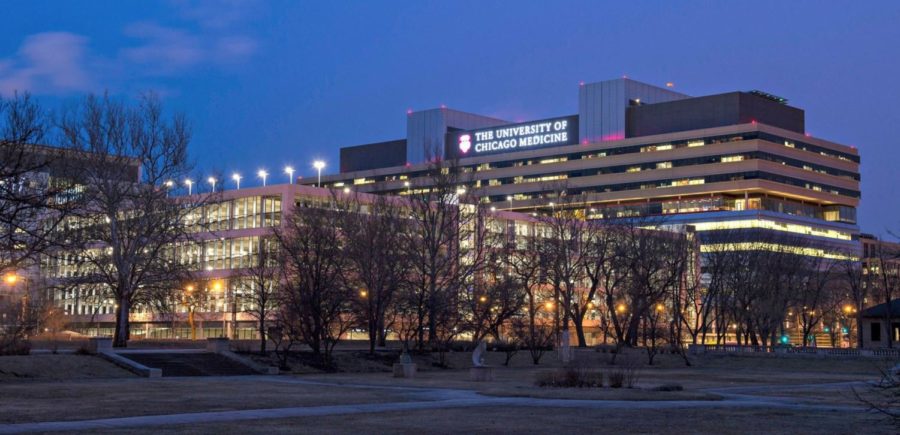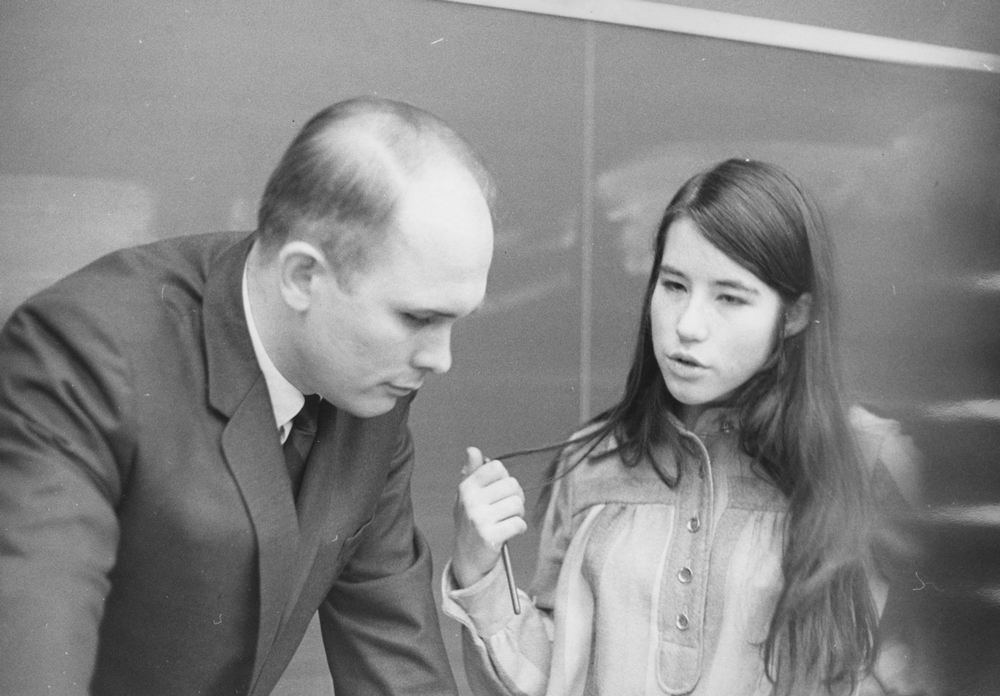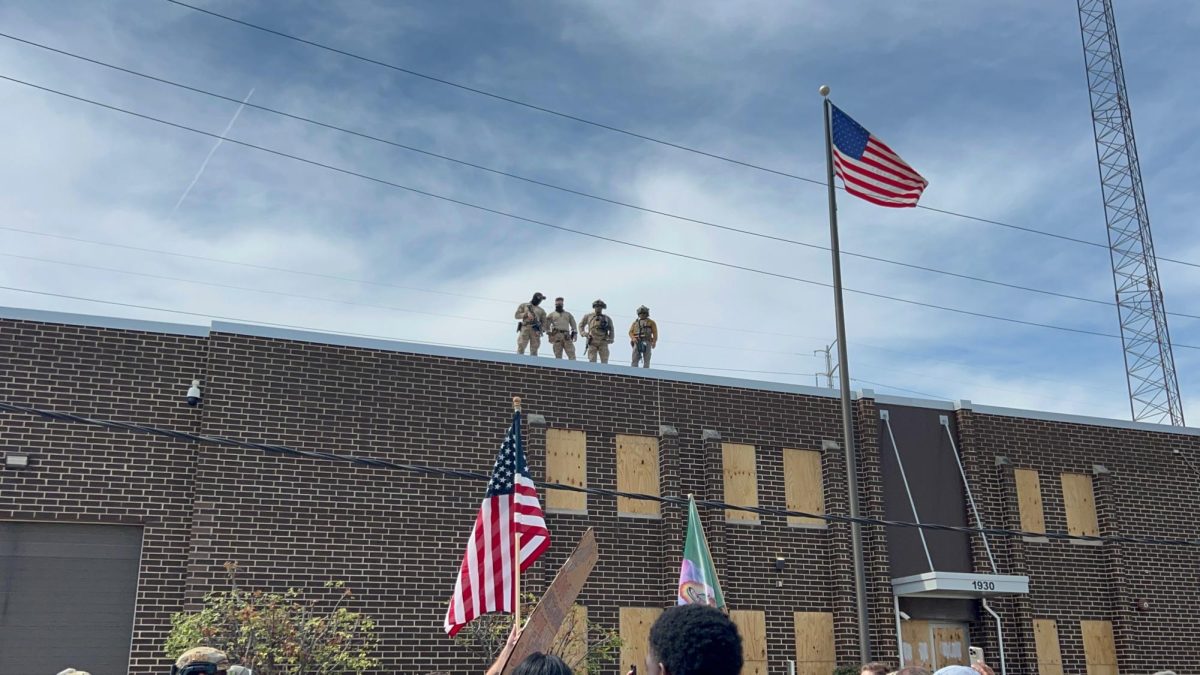The University of Chicago breathed a sigh of relief when striking trash haulers reached an agreement Thursday afternoon, after a nine-day strike halted garbage collections for most of the city, including Hyde Park.
The trash haulers, members of Teamsters Local 731 and 301, went on strike October 2 after failing reach agreement on to a new contract with the Chicago Area Refuse Haulers Association, which represents 17 private companies. The teamsters originally asked for $6.75 an hour more in payment, spread over three years, and an improved benefit package.
After meeting with a federal mediator on Tuesday, an agreement was reached as the Teamsters approved a five-year contract that improves benefits and increases wages by $7.95. The Teamsters approved the new contract 1,540 to 373.
“It’s a good contract,” Teamster spokesman Brian Rainville said. “[Members] should be proud of the effort they put forth on the strike line. This is the sort of thing you fight for.”
Meanwhile, crews set out Thursday evening to clean up the garbage left in nine days of no service.
The University of Chicago, which contracts with Waste Management, received no trash pickup or dumpster pickup throughout the strike. During the strikes, the University could do little, but it managed to empty trash rooms and remove trash bags, taking them to a University-owned warehouse on 61st Street and Dorchester Avenue.
Kelly Borak, the assistant supervisor of Facilities Services, was relieved that the strike ended.
“We will do whatever we have to [to keep the campus clear] but we are running out of space,” she said, estimating that the University would have run out of space if the strike had lasted a couple days longer. With pick-up service resumed, she hopes that the campus will be clear of trash by the end of this week.
Throughout the strike, the City worried about the increasing health risks associated with the amassing piles of garbage. The University grounds services took precautions to safeguard student health, protecting the removed trash from rain and keeping it in a secure location.
The City has warned that it may try to recover costs associated with the strike. City crews picked up added responsibilities, disposing of trash left in allies. City officials have not ruled out suing one or both sides for the extra costs incurred by the Department of Streets and Sanitation.
The University was forced to cover similar expenses. The grounds crew accrued overtime hours clearing trash from the campus and the fleet responsible for removing trash around campus swelled from 1 to 12.
According to Borak, the University has not determined if it will mirror the City in attempting to recover the cost.
Recycling on campus, meanwhile, was not affected, and the situation actually motivated the Green Campus Initiative (GCI) to establish a committee to investigate recycling practices on campus.
Sapna Thottathil, a member of GCI and a third-year in the College, hoped that seeing the amount of trash piled up in alleys and smelling the trash would make a lot of students consider the amount of garbage they produce, adding that it might be an incentive for people to look into recycling programs.
“But I think most students were unaffected by the strike—especially those who live in the dorms,” Thottathil said.
10-14-03garbage








